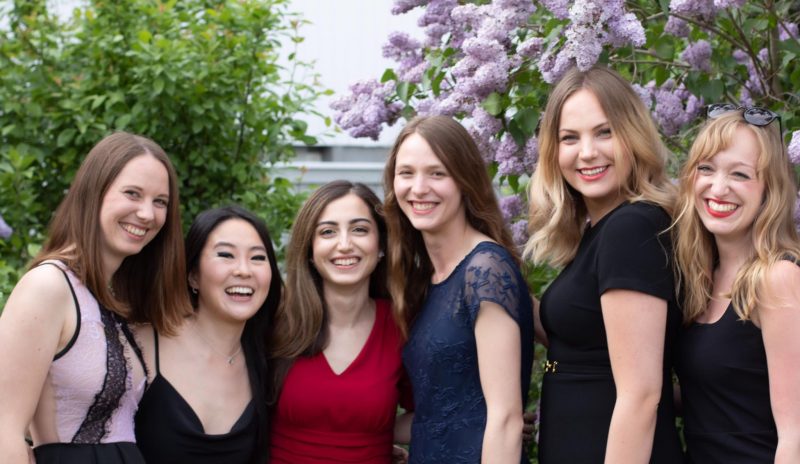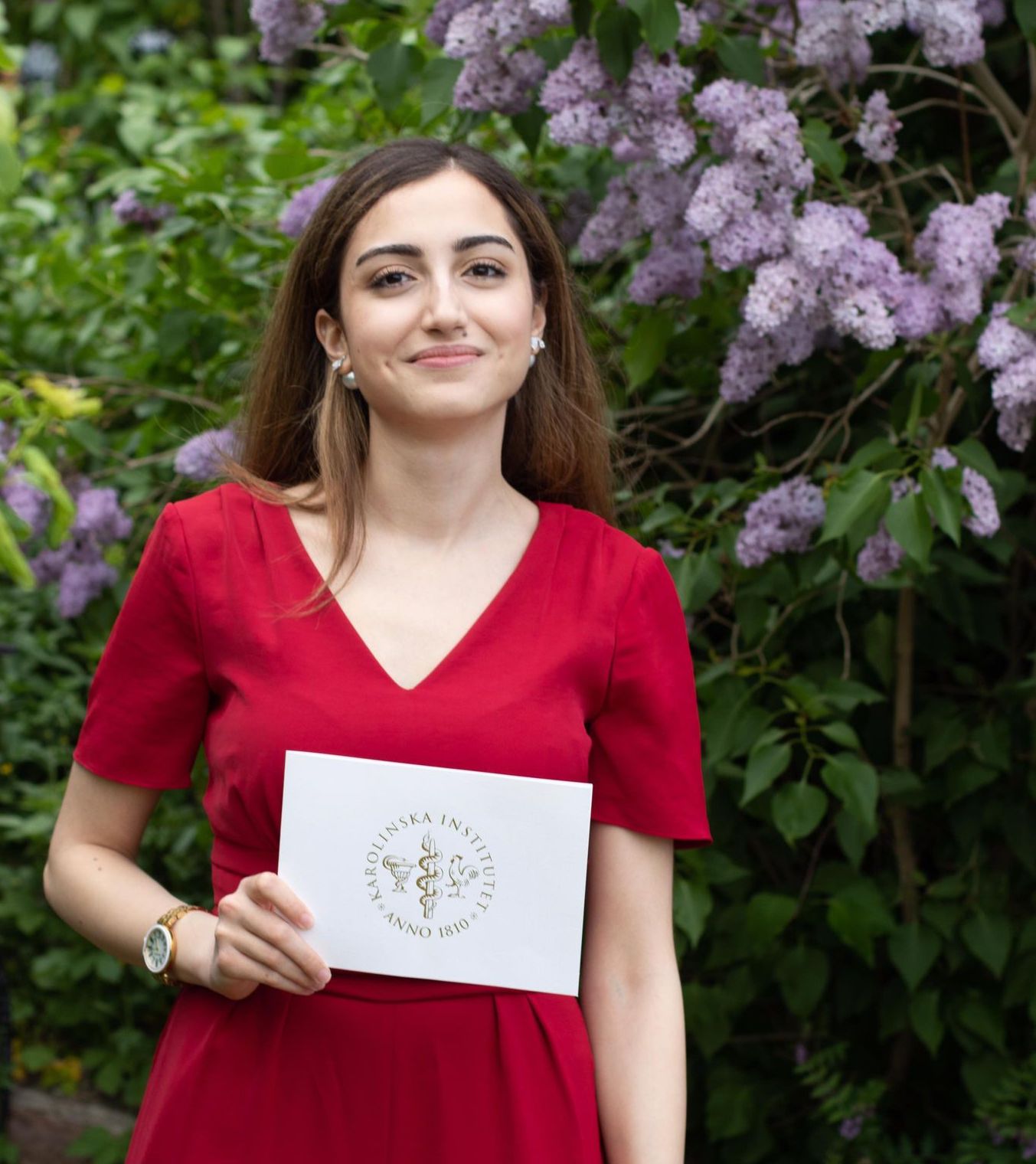
5 questions that usually don’t get answered: MSc in Biomedicine edition
After finishing my two-year master’s degree in Biomedicine, this blog will sadly be my last one. It feels surreal to end this blogging journey and also graduate at KI which I spoke in a previous blog. My final blog is going to be about the most common questions I receive from prospective students about the masters in biomedicine programme. The application period will open soon in mid-October, so this blog came at the right time.
Anyhow, let’s start with the questions!
1. Do I need research experience?
YESS! You need research experience to increase your chances of getting accepted into the programme. It is stated on the KI website page that the selection is based on several factors such as previous education, relevant work and/or research experience and statement of intent. Therefore, I recommend to do an internship in a lab or explain your research work briefly during your studies in the application.
2. What is the most challenging thing in this programme?
This wasn’t easy to answer since it’s subjective to each student in the program. From my experience, the most difficult and challenging part was the PhD courses in neuroscience. I wrote a long blog post about my experience, which you can read more about in detail. I have heard from few of my classmates that they struggled in finding good research projects and had poor communication with supervisors and/or lab collegues. Hence, I recommend to plan your projects and pick your labs wisely because these projects are one of the main factors in shaping your whole experience at KI.
3. What are the possibilities for working after finishing the master’s degree?
There are different career opportunities for a master’s in biomedicine graduate. As stated on the KI website page, it mainly equips you for a career in academia where you can either apply for a PhD, research assistant, or laboratory technician. You can also work in the life science industry, pharma, startup, and Medtech. However, I think you need to develop additional skills outside of the master programme to find positions outside of academia. I recommend reading this blog to have an idea of how you can get some experience or an internship during your master studies. Some of us Biomed graduates started a PhD in Europe, medical affairs, work as a clinical trial assistant, trial manager, marketing assistant at a biotech startup, bioinformatician..etc. I also recommend reading this fantastic interview with an MSc in Biomed alumni who gives her career perspective and useful tips.
4. Does KI allow pursuing projects abroad?
YES!! Our master programme offers the possibility of going on exchange during the third or fourth semester. There are several universities that KI has an agreement with where you can take courses and/or perform a research project. Some of these universities are in Europe, Asia, Australia, and the Middle East. You can also find a research group outside of the KI university agreement and go as a free mover.
5. What are the different elective courses offered?
There are different elective courses offered in the second semester (Digital Health course or Junior Research Project) and third semester (PhD courses). You can read my previous course reviews for more detailed info.
Here you can find the current structure of the programme, and here you find updated info on the new structure and reorganisation in the 2021 curriculum.
I hope I gave you some insights and a better understanding of the programme. It’s been a great experience to be part of a diverse environment and I made strong friendships that I will cherish! KI has certainly offered us excellent opportunities, and the trick is to know how to catch those opportunities! After all, the research world and the life science industry is quite competitive!
Good luck with your application and I hope this information was useful! ❤️
– Sara A.

LinkedIn: Sara Abu Ajamieh

0 comments